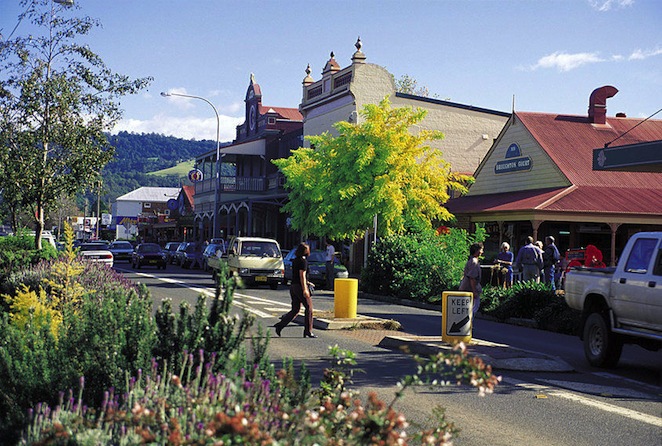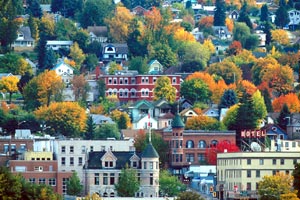Hong kong (SAR)
Find Eduxpress Programmes
Over the years, universities in Hong Kong (SAR) have been focusing on promoting quality higher education by welcoming talents, upholding academic freedom, respecting institutional autonomy, supporting collaboration, and promoting academic exchanges.
Hong Kong aspires to further develop itself as a regional education hub with world-class universities and quality institutions, through diversification and internationalisation. Universities focus on offering bilingual students a broad knowledge base, a global outlook, as well as the ability to think critically and creatively, and the ability to work independently and collaboratively.
Over 3,700 overseas companies have based their Asia-Pacific operations, employing over 200,000 people.
Find the best information about what it’s like to study in Hong Kong, including degree course offers, career opportunities, student life, living costs, and more.
Universities in Hong Kong are among the best educational institutions in both Asia and the world.
The University of Hong Kong, the Chinese University of Hong Kong, The Hong Kong University of Science and Technology — these are only a few examples that are present every year in prestigious global university rankings.
Hong Kong universities stand out especially when it comes to Business studies, offering a wide range of academic programmes whose quality is at the highest level.
You don't need to worry about language barriers if you've decided to study in Hong Kong. Together with Chinese, English is an official language. Almost 50% of the population speaks the English language, so it shouldn't be too hard to ask for help and make friends.
The high quality of education provided by Hong Kong universities comes at a price: tuition fees range between 11,500 and 34,000 USD per academic year, which isn't exactly affordable for everyone.
Luckily, there are numerous scholarships available to international students. Some of them are offered by the local government, others by educational institutions or public/private organisations.
If you meet the requirements, don't hesitate to apply. After all, it's free money that can make your study experience a lot easier.
If you really look at it, Hong Kong is a blend between Eastern and Western cultures. This is reflected in the lifestyle, architecture, official languages, administrative processes, and so on.
It also means diversity is at home here, so internationals from all over the world shouldn't find it too difficult to integrate and quickly find their own rhythm.
Hong Kong isn't only a great place for studies, but it's also an exciting place to live in. There are numerous attractions and activities to explore.
You can visit the Victoria Peak, amuse yourself at the Hong Kong Disneyland, jump into wild rides at the Ocean Park, take pictures of the Tian Tan Buddha statue, travel with the famous Peak Tram, and witness the beauty of Hong Kong's Symphony of Lights.
Let's take a closer look at tuition and living expenses in Hong Kong (SAR):
For international or non-local students, tuition fees at Hong Kong universities range between 11,500 and 34,000 USD per year. To support your study costs, you can always apply for scholarships and other types of financial aid.
On average, foreign students need around 450–650 USD per month to live in Hong Kong. This budget can go up and down depending on your lifestyle and spending habits.
Here's a breakdown of the average living expenses:
Hong Kong is a small but dynamic city located to the southeast of the Mainland China, adjoining the province of Guangdong. It forms a triangle with Macau to the west and Guangzhou to the Northwest in the Pearl River Delta.
Hong Kong spreads over 1,104 square kilometers. Hong Kong Island and the Kowloon peninsula are at the core of the city, surrounding famed Victoria Harbour, one of the world’s most renowned deep-water harbours. This is where you can see Hong Kong's celebrated skyline and experience urban dynamism at its utmost.
Currently, the city’s population is over 7 million. People of Chinese descent comprise the vast majority of the population. The Chinese majority forms the core of the local culture. Yet Hong Kong is a cosmopolitan city with a significant foreign population. There are about 500 ,000 people from different parts of the world living here for education, employment, business, etc. Indonesian, Filipinos, British, American, Thai, Indian, Japanese, Australian, Pakistani and Nepalese form the majority foreign population here.
There is evidence of human settlement in Hong Kong from Neolithic times. Several thousand years ago, people here were hunting, fishing and making exquisite rock carvings.
The city was a British colony from 1842 to 1997. China assumed sovereignty of Hong Kong in 1997, since then the city was formally renamed as "Hong Kong Special Administrative Region of the People's Republic of China".
Hong Kong's economy is characterized by free trade, low taxation and minimum government intervention. Hong Kong is one of the largest trading economies in the world. Hong Kong is also a major service economy, with particularly strong links to the Mainland China and the rest of the Asia-Pacific region.
Hong Kong's climate is sub-tropical, with temperatures dropping below 10 degrees Celsius in winter and exceeding 31 degrees Celsius in summer. It is warm, sunny and dry in autumn, cool and dry in winter, and hot, humid and rainy from spring to summer.



